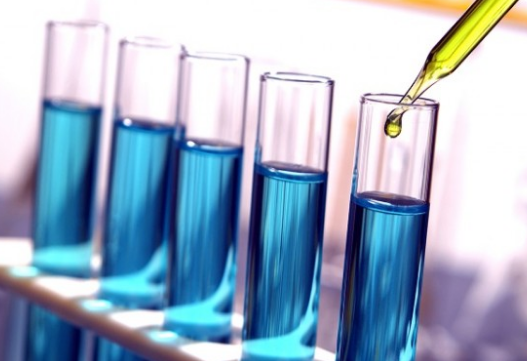80% of New Delhi’s Tap Water Has Plastic Toxins
Published on by Water Network Research, Official research team of The Water Network in Academic
More than 80% of New Delhi's tap water is contaminated by plasticmicrofibres, new research has shown.
This is the third highest contamination rate in the world after the US (New York and Washington DC) and Beirut, Lebanon.

Representative image, source: Wikimedia Commons
These findings are part of a study conducted after testing 150 samples of tapwater collected by news website Orb Media from five continents.
Though many in Delhi's well-off circles do not use tap water for drinking, large swathes of the capital's population have no access to safe drinking water.
Research found the US had the highest contamination at 94%. Plastic fibres were found in samples taken from various sites, including the Congress buildings and Trump Tower in New York. Beirut was marginally behind at 93% followed by India at 82%. European nations, including UK, Germany and France, had the lowest contamination rate of 72%.
These microscopic fragments enter the water system in several ways, from synthetic fibre clothing, tyre dust and microbeads. Most of these are believed to originate from clothes, upholstery and carpets. Washing machines and dryers add to the problem. According to a Guardian report, a UK study found that each cycle of a washing machine could release more than 700,000 microscopic plastic particles.
Scientists suspect plastic can leach toxins once inside the human body. Sherri Ann Mason, an expert on plastic pollution at the State University of New York in Freedonia, who supervised Orb's study, said: "We have enough data from looking at wildlife and the impact that it's having on wildlife to be concerned. If it's impacting them, then how do we think it's not going to somehow impact us?"
Read full article: The Times of India
Find out more: Financial Express
Media
Taxonomy
- Drinking Water Security
- Treatment
- Treatment Methods
- Drinking Water Treatment
- Urban Water
- Drinking Water Managment
- Urban Water Supply
- Drinking Water
- Polymers & Plastics